As societies strive for long-term mental health solutions, it is essential to address sources of generational trauma and provide intervention and services for marginalized youth and young adults in the child welfare system. In partnership with the non-profit organizations, Health Bridges International and Paths of Hope, and supported by a Jefferson Smart and Healthy Cities grant, Associate Professor Stephen DiDonato of Jefferson College of Nursing and MS Health Communication Design program director and Assistant Provost, Maribeth Kradel-Weitzel of Kanbar College recently travelled to Peru to work with boys living in residential care settings. Using participatory design methods, the boys leveraged their collaborative creativity to promote collective healing and the development of a shared identity through both visual and verbal means.
In a day-long workshop, children and caretakers developed images and narratives for house mascots to represent the identity and spirit of their shared home. Mascots tell a story, add humanity, and are hugely popular around the world. They represent sports teams, schools, geographic regions, corporate brands and more. DiDonato and Kradel-Weitzel trained the caretakers to lead the workshop to support bonding and healthy attachment between caretakers and children. Through co-creation of a house mascot, children developed an increased sense of unity among one another and caregivers and were empowered to recognize their creative output as valuable.
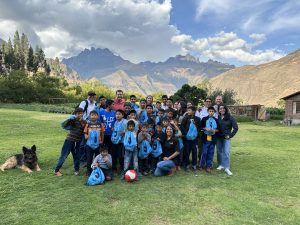
DiDonato and Kradel-Weitzel will assess measurable impact of this pilot regarding both the initial mascot development workshop and longer-term implementation of the mascot within the homes. This effort resides within a larger initiative to develop a Global Center of Excellence for Child Welfare Services.
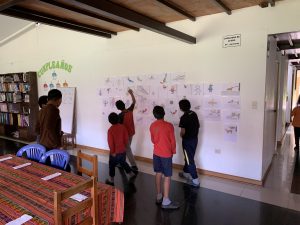
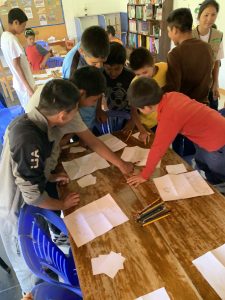
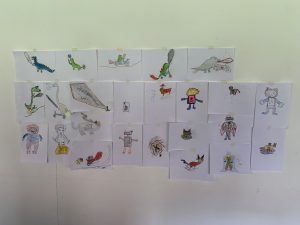
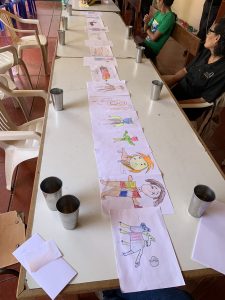


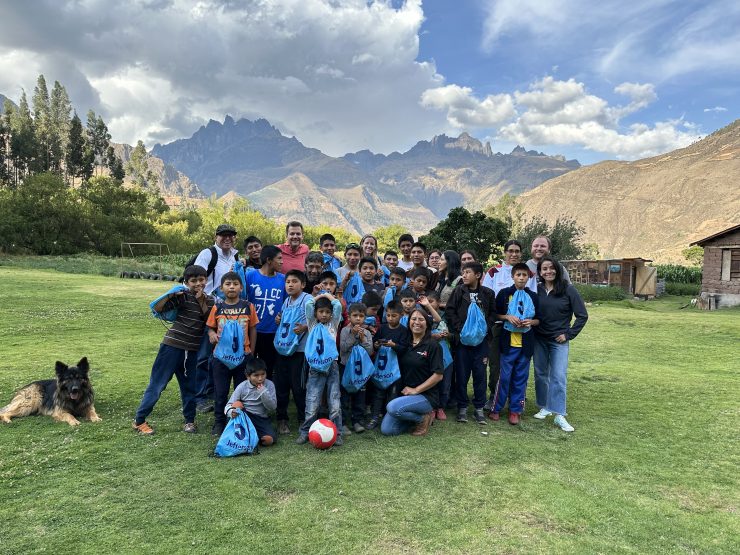


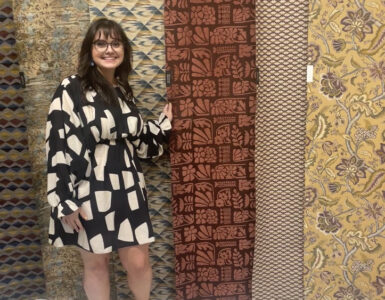
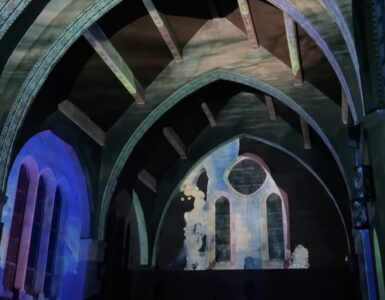

Add comment